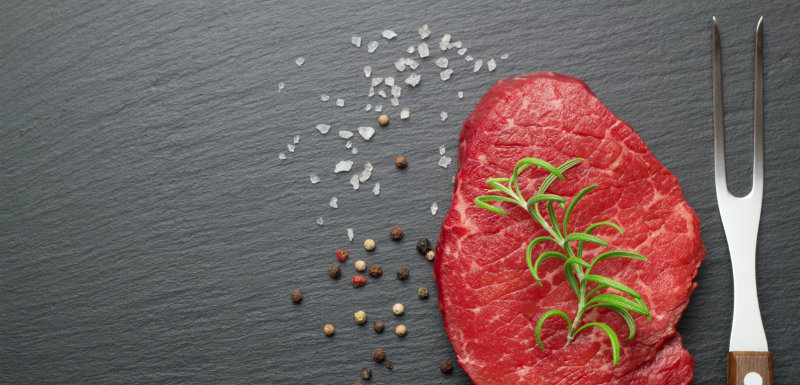
Heavy eyelids, difficulty in concentrating, and the "afternoon slump" are all signs of drowsiness after a meal (also called postprandial somnolence). This episode of brain slowdown is well known to everyone. In addition to a lack of sleep at night, the content and diversity of our plates Wouldn't they also be responsible for these effects?
Sleepiness after meals: a universal phenomenon
From the point of view of the circadian cycle, it is natural to have a phase of diminished wakefulness after a meal. Added to this, effects directly related to diet may be related to a more overwhelming desire for sleepiness.
To know more! The circadian rhythm is defined by the alternation between the waking period (sleep) and the active period (wakefulness). It is the regulation of our internal clock. Each individual has his or her own circadian rhythm, which lasts approximately 24 hours.
The digestion is similar regardless of the type of food. However, not all foods affect the hormonal and chemical systems associated with the digestive system in the same way. Indeed, some food In addition, the use of particular foods would be likely to result in greater postprandial sleepiness.
Meat and salt consumption in question
Researchers from " The Script Research Institute The "Drosophila studies" looked at the issue and the potential link between eating a large meal at lunchtime and the risk of drowsiness after the meal. These studies, conducted on fruit flies, showed that eating a meal rich in animal proteins and salt to help you fall asleep.
To know more! Drosophila are small flies that are very attracted to vinegar and fermented fruits. They are reddish in colour and are best known for their role as guinea pigs in laboratories for genetic discoveries.
With a system that measures both the sleep and behaviours associated with the animal's diet, these scientists found that flies slept more following a rich meal. In addition, certain types of nutrients, and even certain categories of food, increased sleepiness after eating. Using a food tracking system to monitor the animal's diet and physiological responses, a relationship between the consumption of meat and more intense sleep was revealed. In order to confirm this finding and to identify the nutrients that may cause postprandial sleepiness, the scientists looked more closely at the consumption of meat, fish and vegetables. salt and sugar. It turned out that only the consumption of meat and salt had any effect on the health of the population. effects drowsiness after ingestion.
Particular interest was then directed towards the neural mechanisms at the origin of thefall asleep after eating a meal. With the help of genetic tools, findings were made regarding the presence of a significant number of neurons controlling the physiological reactionsand in particular the falling asleep after feeding.
To know more! The neurons are cells at the base of the nervous system, capable of receiving, analysing and providing information to the body. This information can then relate to muscles, functional organs, the hormonal system, and others.
A previous study also showed that neurons secreting Leucokinina myotropic neuropeptide (a chemical compound released by the neuron and having a direct action on the muscle fibre), could be involved in the regulation postprandial sleepiness. Indeed, the combination of a specific protein (notably from a meat diet) with a Leucokinin receptor initiates sleep after a meal. It turns out that the consumption meat (animal protein) has a positive influence on the action of this neural system.
This is all the more interesting as the neurological mechanisms used by Drosophila in this context are similar to those used by humans.
A heavy meal can increase, to a greater or lesser extent, the postprandial sleep time. The latter is generally between 20 and 40 minutes after a meal.
Delphine W., Occupational health ergonomist
Sources :
Why Do I Feel Tired After Eating? Anna Schaefer, Health Line, 18 March 2015
Protein, salt, drive post-meal sleepnessKeith R. Murphy and others, ScienceDaily, 22 November 2016
Drowsy after lunch? Don't worry - it's naturalPhyllis Korkki, The New York Times, 20 August 2007


